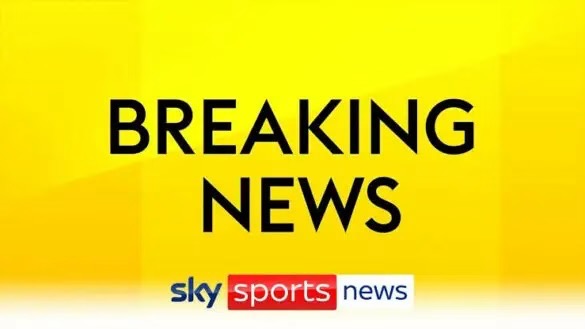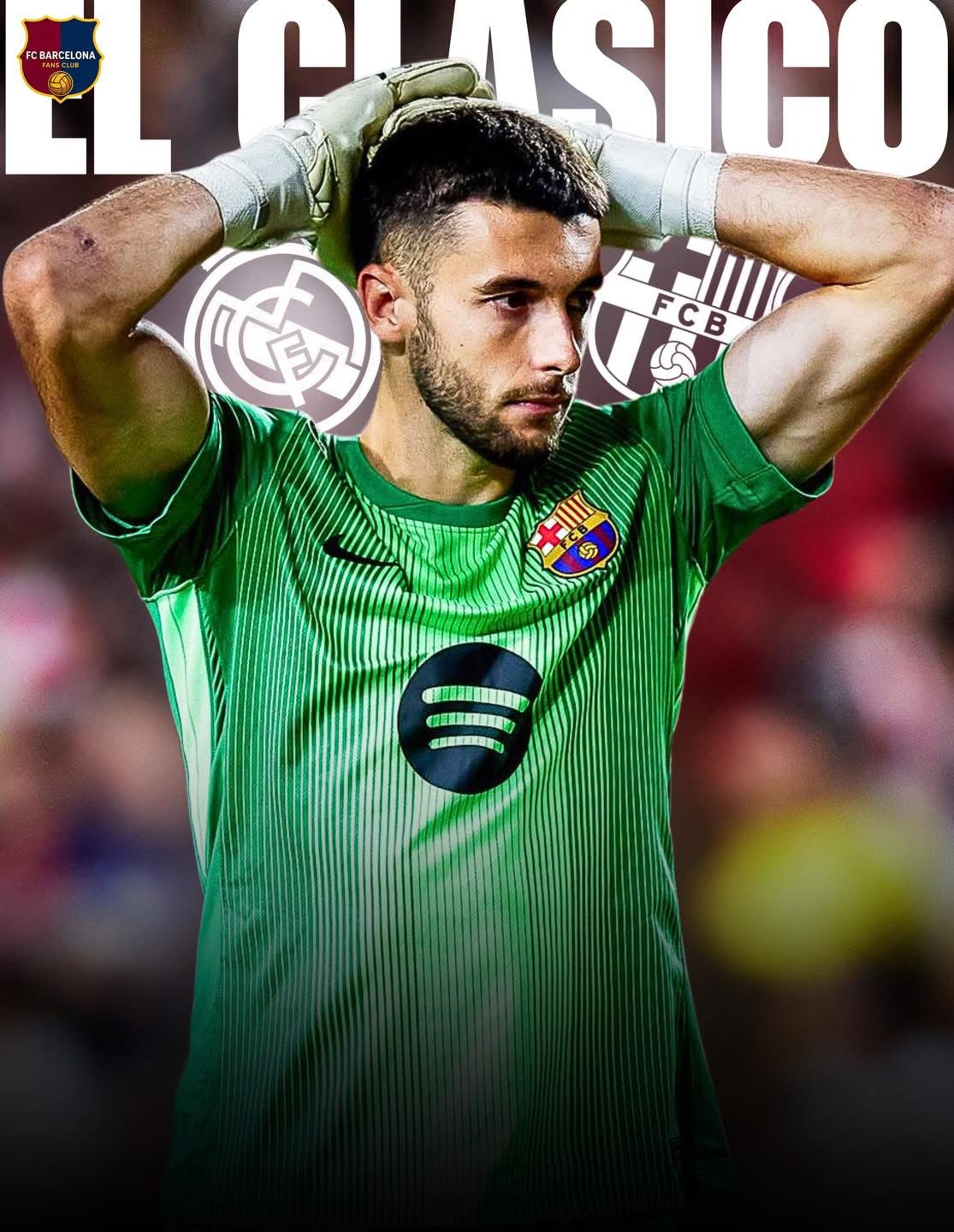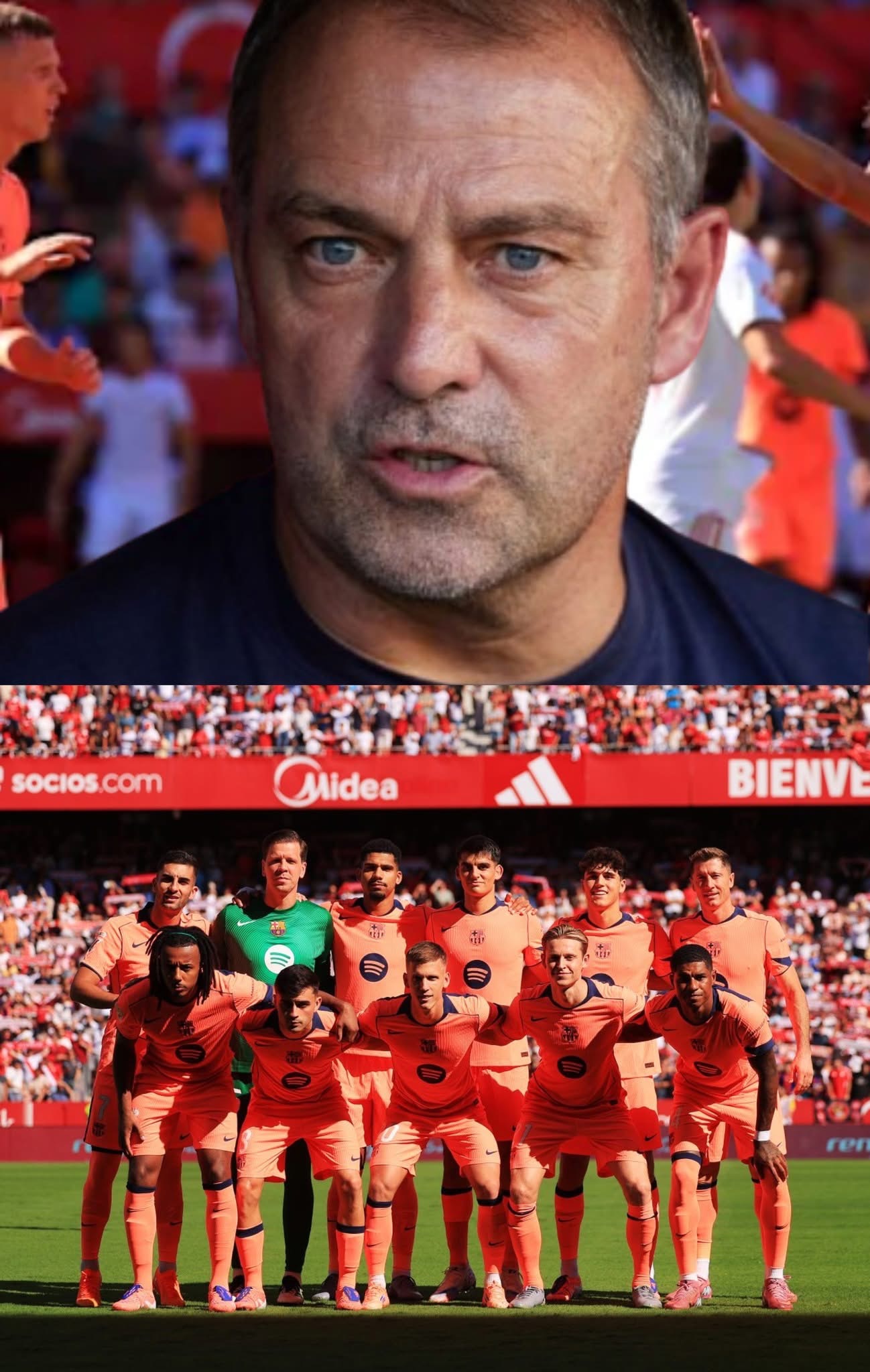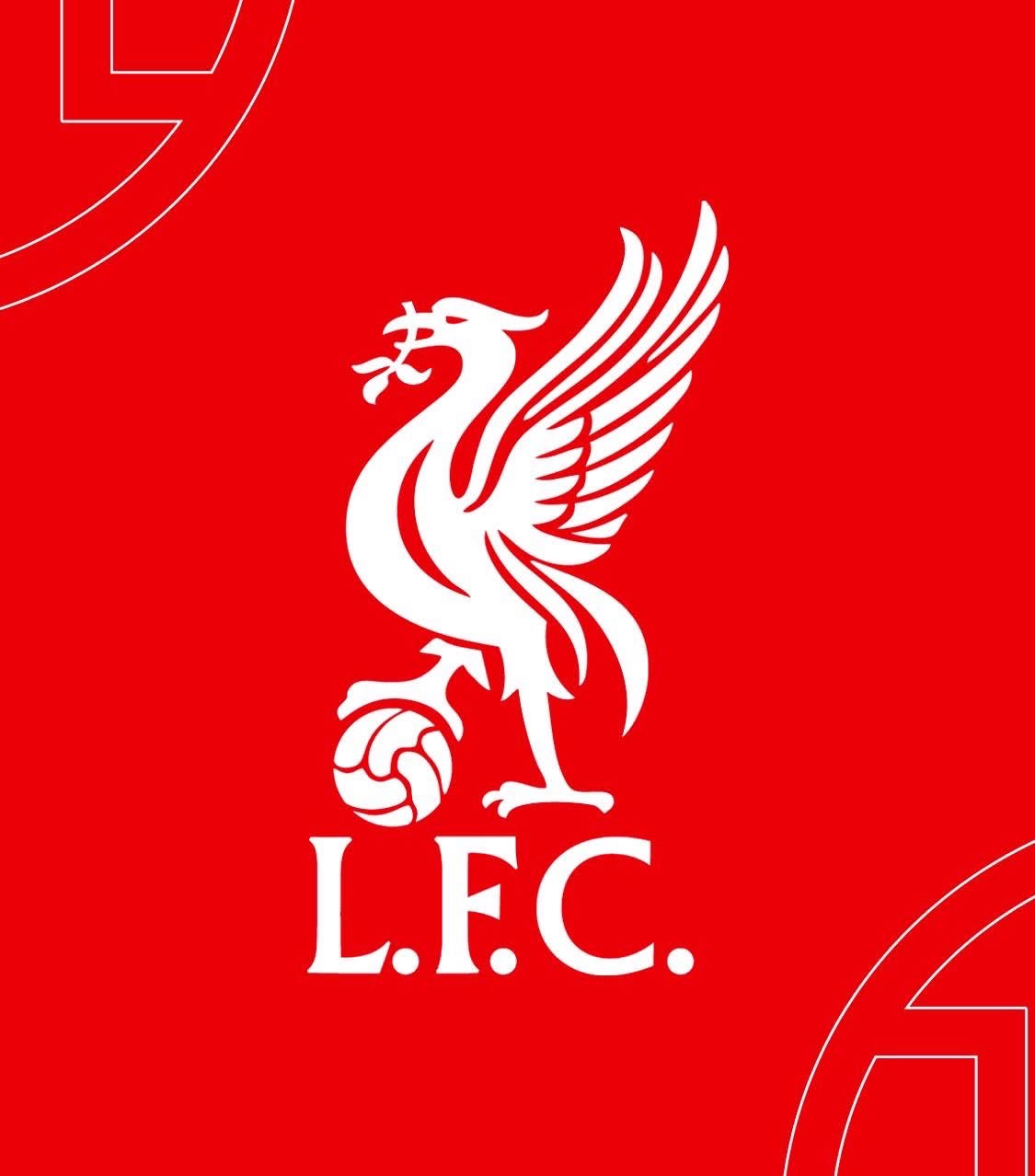Respected football journalist David Ornstein has shed light on a significant development at Manchester United: the club is now approaching the transfer market with a clear, structured philosophy — a sharp contrast to the erratic and short-term decision-making that has plagued their recruitment in recent years. According to Ornstein, this strategic clarity is not only refreshing but also a major reason for optimism among fans, insiders, and football analysts alike.
A Shift from Chaos to Clarity
In past transfer windows, Manchester United were often criticised for disjointed spending, overpaying for underperforming players, or chasing big-name stars without a clear tactical plan. Now, under the influence of INEOS and new football leadership, the club is taking a methodical, value-driven approach.
They are identifying players based on a defined playing style and long-term squad profile, rather than impulse buys or commercial appeal. This includes recruiting players who fit seamlessly into Rúben Amorim’s tactical system, rather than signing individuals and hoping a manager adapts around them.
Intelligent Financial Strategy
Ornstein points out that United are also being far more financially disciplined. Rather than being drawn into inflated transfer battles or overcommitting on wages, the club is refusing to pay above what they consider a fair value. This marks a significant departure from the reckless spending patterns of the post-Ferguson era.
This shift is especially important in light of Financial Fair Play (FFP) and Profit & Sustainability Rules (PSR), which have forced United to be more mindful about their spending. The fact that they’re still making key moves—like signing Bryan Mbeumo and targeting a high-quality defensive midfielder—shows that smart planning can still produce results even under financial constraints.
Structural Overhaul Behind the Scenes
Manchester United’s new transfer philosophy isn’t just about player names — it’s also about people and processes. The hiring of recruitment experts like Christopher Vivell and the restructuring of scouting departments signals a deeper, behind-the-scenes transformation. The club is building a long-term infrastructure that will support sustainable success, rather than relying on temporary fixes or short-term thinking.
This internal overhaul is also helping United identify undervalued talent, move swiftly on deals, and manage outgoing transfers more effectively — ensuring the squad remains lean, motivated, and aligned with the manager’s vision.
Squad Rebalancing with Purpose
In line with this new philosophy, United are not just focused on arrivals but also on careful departures. Several high-wage or tactically mismatched players are expected to leave the club — including the likes of Christian Eriksen, Casemiro, and possibly Marcus Rashford or Antony — as part of a wider effort to reset the dressing room dynamic and invest in younger, hungrier talent.
Rather than clinging to underperformers out of sentiment or commercial pressure, the club is now showing a willingness to make tough decisions for the greater good.
The Bigger Picture
All of these developments, as reported by Ornstein, point toward a Manchester United that is finally behaving like a modern, elite football institution. They’re laying the groundwork for consistent success by combining tactical vision, smart finances, strong recruitment, and long-term squad planning.
And that, more than any flashy signing, is the real reason to believe that better days could finally be on the horizon at Old Trafford.








